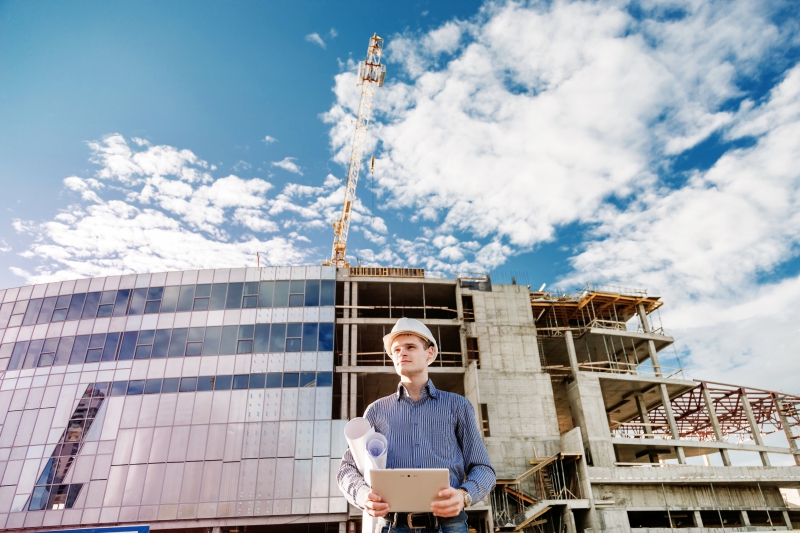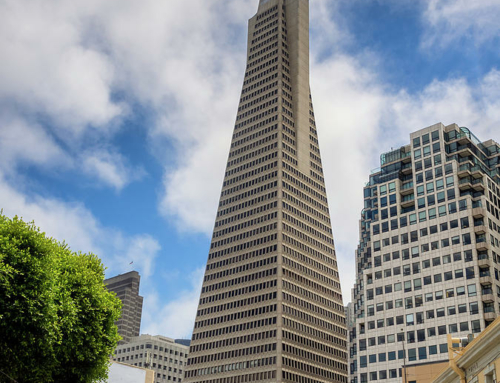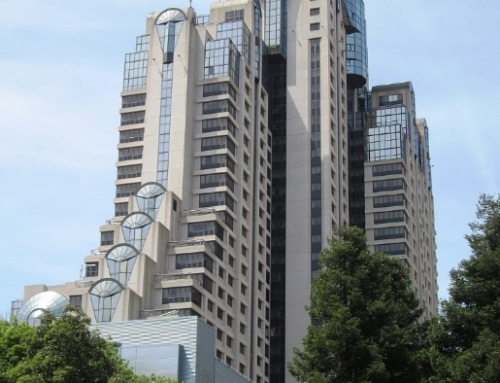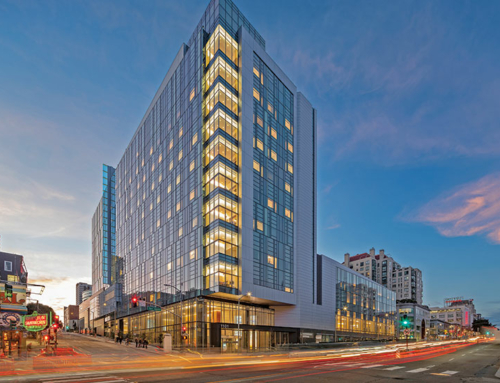Sharon Smith is a construction worker, but she seldom wears a hard hat or steps onto a construction site.
Instead, Sharon, 24, consults to engineering, construction, and architectural firms in the area of sustainability. It’s one thing to put up buildings. It’s another thing altogether to make sure the buildings are built in the most environmentally-friendly manner possible.
Sharon is a new breed of construction worker—those who use their brains instead of their physical strength. Thanks to young people like Sharon, buildings around the country are going up with an eye toward health and wellness for the residents of their communities, unique respect for the environment, and intelligent water use.
Sharon will be the first person to tell you that it makes no sense that we’re using potable water in toilets in homes or office buildings. And yet, in the United States, most cities and towns still don’t have codes mandating the use of non-potable water. (Of course, this might have an effect on Bring Your Dog To Work Day, but that’s not much of a consideration).
“Millennials are idealists,”says Lynn Simon, Senior Vice President at Thornton Tomasetti, a consulting firm. She works out of the San Francisco office and heads up their Western region sustainability practice.
“Young people seldom think of architecture, engineering, and construction as vehicles for expressing their concern for the environment and their desire to build a sustainable world. But when you think about it, where else could their skills be better put to use?”
Simon points out that the construction industry is incredibly diverse, and requires an extraordinarily wide range of skills.
“You can code,”she says. “You can consult. You can work with cities and towns to pass the same sort of strict sustainability requirements that we have here in San Francisco. You can help firms in a thousand different ways with building new buildings in a sustainable manner or in retrofitting old buildings. The list is endless.”
Most young, technology-minded students assume that the future lies in Silicon Valley, working for a startup. Unfortunately, startups are notoriously uncertain as places of employment, and the failure rate of even the most promising companies is well known.
By contrast, you could say that the construction industry is…built to last. There will always be jobs, there will always be a need for workers, and in a nation where buildings are constantly going up, being expanded, or retrofitted, the need for intelligent workers in architecture, construction, and engineering is practically endless.
“It makes sense to get an undergraduate degree in the field related to sustainability,”Simon adds. “Or get internships in the field. If you want to make a career out of your passion for the environment and a sustainable, green future, there’s probably no better set of industries than architecture, construction, and engineering.
“When you can match your passion to your career, you know you’re doing what you were meant to do.”






